TEHRAN (Bazaar) –Nader Entessar, Professor Emeritus of Political Science from university of South Alabama says that Rafael Grossio's latest utterance is the pro forma statement that the IAEA's Director General routinely issues about Iran's nuclear program.
“There is nothing new in Grossi's latest words,” Entessar told Bazaar News Agency.
Following is the full text of the Bazaar interview with Professor Entessar:
Q: The Director General of the International Atomic Energy Agency, Rafael Grossi, recently said that Iran is rapidly enriching uranium, but we are not saying that it has weapons. He has also announced that the path of talks with Iran is still open. What is your assessment of his words?
A: Rafael Grossio's latest utterance is the pro forma statement that the IAEA's Director General routinely issues about Iran's nuclear program. There is nothing new in Grossi's latest words.
Q: After Grossi's statement, Anthony Blinken also announced that the withdrawal of the United States from the JCPOA was a big mistake and that Iran's nuclear program has been freed from this restraint and we are now in a situation that we did not want to be in. What is your assessment of his words?
A: Anthony Blinken's words lack authenticity and genuineness. Everyone knows that the Biden administration has done its level best to continue Trump's policy toward Iran. I am doubtful if there will be a change in Washington's policies towards Iran in the remaining months of Biden's presidency. Biden had ample opportunity to chart a constructive policy toward Tehran, but he has failed to do so from the first day of his presidency.
Q: In a statement parallel to Grossi and Blinken's statements, Hossein Amir-Abdollahian announced in a meeting with the Swiss Foreign Minister: “The Sultan of Oman's initiative is still on the table and the Islamic Republic of Iran adheres to the path of negotiation.” Can these positions be considered a reason to start negotiations?
A: Just like Grossi and Blinken, Mr. Amir-Abdollahian has not said anything new. He simply reiterated Iran's long-standing policy regarding Tehran's commitments to negotiations. Even if Iran decides to start negotiations with the US, the Biden administration is confronted with massive obstacles, including the looming domestic challenges in a presidential election year, to take any positive steps in its Iran policy.
Q: At the same time, Iran's foreign minister has announced that the Sultan of Oman's initiative is on the table, and before that, a plan was proposed by Japan, which was welcomed by Amir-Abdollahian. Do you think that Iran has that plan on its agenda or is it focused on Oman's plan?
A: I am not sure which of these two plans Mr. Amir-Abdollahian is referring to, but the bottom line is that neither Oman nor Japan are in a position to seriously affect the course of Iran-US relations. At best, these two countries, as well as the other interested states, are intermediaries, not policy influencers.
Q: In general, what is the meaning of these positions proposed by the officials of the International Atomic Energy Agency, Iran, and the United States in the midst of the Gaza war and war in the Red Sea?
A: There is nothing profound in the positions you have described. They are diplomatic dances that diplomats perform.

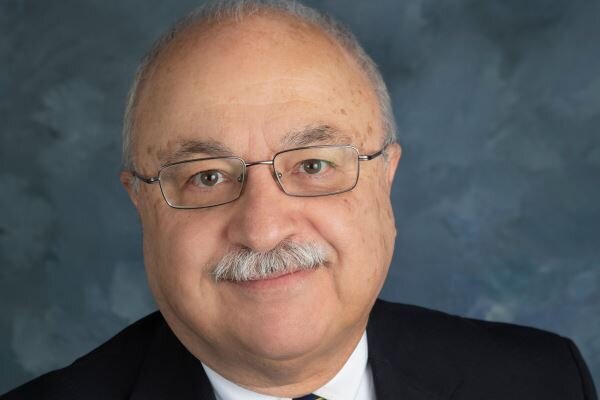




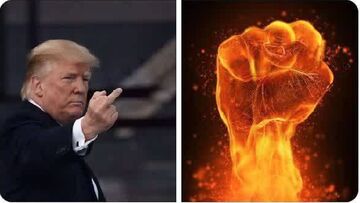
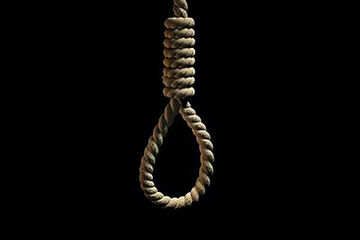
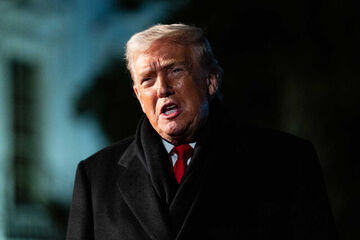

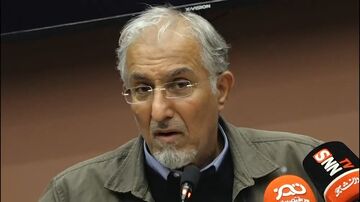

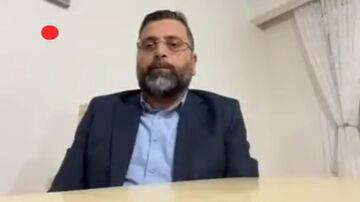
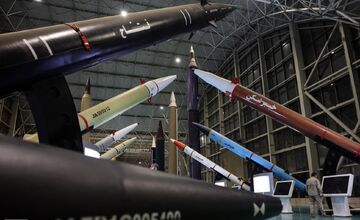
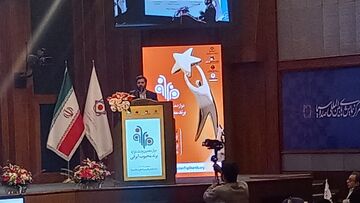

نظر شما